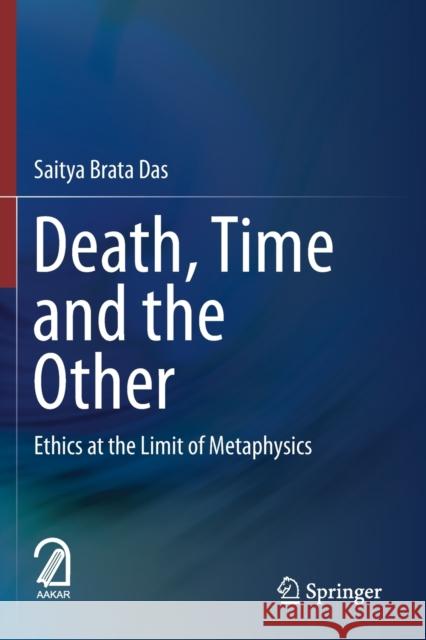Death, Time and the Other: Ethics at the Limit of Metaphysics » książka
topmenu
Death, Time and the Other: Ethics at the Limit of Metaphysics
ISBN-13: 9789811510922 / Angielski / Miękka / 2021 / 185 str.
Death, Time and the Other: Ethics at the Limit of Metaphysics
ISBN-13: 9789811510922 / Angielski / Miękka / 2021 / 185 str.
cena 201,24
(netto: 191,66 VAT: 5%)
Najniższa cena z 30 dni: 192,74
(netto: 191,66 VAT: 5%)
Najniższa cena z 30 dni: 192,74
Termin realizacji zamówienia:
ok. 22 dni roboczych.
ok. 22 dni roboczych.
Darmowa dostawa!
Kategorie:
Kategorie BISAC:
Wydawca:
Springer
Język:
Angielski
ISBN-13:
9789811510922
Rok wydania:
2021
Wydanie:
2020
Ilość stron:
185
Waga:
0.30 kg
Wymiary:
23.39 x 15.6 x 1.12
Oprawa:
Miękka
Wolumenów:
01
Dodatkowe informacje:
Bibliografia
Wydanie ilustrowane
Wydanie ilustrowane











